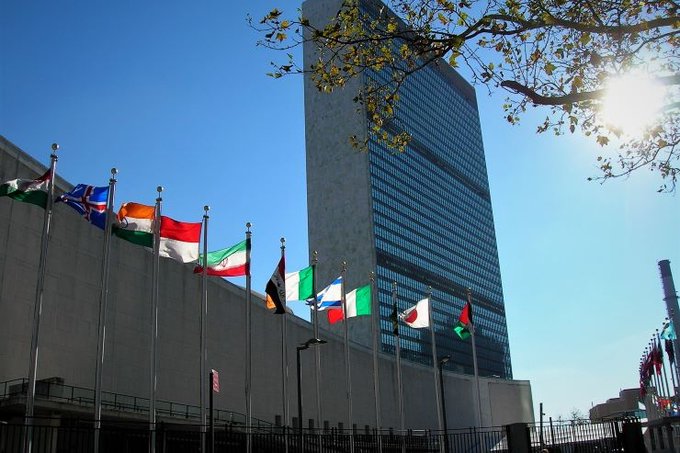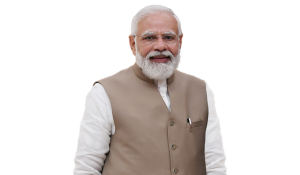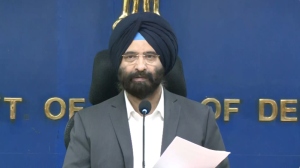For the 17th time, the UN General Assembly has postponed Security Council reform talks, passing the issue to the next session. The G4 nations, India, Brazil, Germany, and Japan criticised the delay, calling it a blow to global trust in the UN. The G4 supports expanding permanent and non-permanent seats on the Council. Speaking on behalf of India, Brazil, and Germany, with which it forms the G4 group, Japan said the Assembly’s failure undercuts trust in the UN and its ability to maintain international order. The four nations of the G4 advocate for increasing the number of permanent seats on the Council and mutually back each other for the seats.
Iriya Takayuki, Minister in Japan’s UN Mission, said that the continued failure in Security Council reform is an issue that goes well beyond the Council itself. He said there was some progress. The co-chairs made a new “Elements Paper” that explains what different countries think about the reforms. But he said that the document does not acknowledge that the majority of the UN members want permanent and non-permanent members added to the Council. Talks remain stalled due to opposition from the Uniting for Consensus group, led by Italy and Pakistan, which blocks progress by demanding full consensus.
The G4 and most countries have demanded text-based negotiations. General Assembly President Philomen Yang’s Spokesperson Sharon Birch said the IGN process made progress during the session. There has been progress, because the Pact of the Future adopted at the high-level meeting of world leaders last September to chart the UN’s course as it enters its 80th year really built a strong foundation for the reform of the Security Council.
The structure of permanent membership in the Council is stuck in the post-World War II geopolitics, and the winners monopolised the seats. The last reform of the Council was 57 years ago four non-permanent members were added, bringing their number to ten, but there were no additions to the roster of permanent members.







